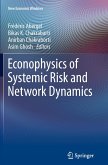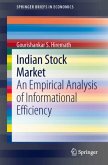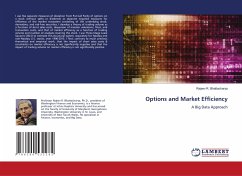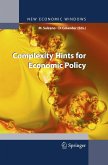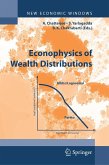The remarkable evolution of econophysics research has brought the deep synthesis of ideas derived from economics and physics to subjects as diverse as education, banking, finance, and the administration of large institutions. The original papers in this collection present a broad summary of these advances, written by interdisciplinary specialists. Included are studies on subjects in the development of econophysics; on the perspectives offered by econophysics on large problems in economics and finance, including the 2008-9 financial crisis; and on higher education and group decision making. The introductions and insights they provide will benefit everyone interested in applications of this new transdisciplinary science.
"Romanian academics debate the role and potential of econophysics for Romanian scientific research and explain how physics can contribute to understanding economic problems, processes, and decisions. The ten chapters test the efficiency of capital markets, analyze nonlinear mechanisms generating power law distributions in socioeconomic systems, apply a quantum mechanics model to the infringement of financial rules, and model the complex process of group decision making." --Reference & Research Book News, December 2013
"This on-line book, made by a group of enthusiastic researchers whose way of working together was tested by the EDEN I-IV workshops, is an attractive book, dedicated to the emergence and rising importance of trans- and multidisciplinarity in economics, which emphasizes, in the closing section, the idea that the most important issue for this new science, called econophysics, remains its ability to measure, report and understand change in economic and social realities, much more quickly than classical economics still does. The book manages to introduce the reader to the specific issues of econophysics and provides useful applications to both students and graduates, postgraduates and researchers." --Excerpt of a review by Constantin Manea, University of Pitesti, România
"This on-line book, made by a group of enthusiastic researchers whose way of working together was tested by the EDEN I-IV workshops, is an attractive book, dedicated to the emergence and rising importance of trans- and multidisciplinarity in economics, which emphasizes, in the closing section, the idea that the most important issue for this new science, called econophysics, remains its ability to measure, report and understand change in economic and social realities, much more quickly than classical economics still does. The book manages to introduce the reader to the specific issues of econophysics and provides useful applications to both students and graduates, postgraduates and researchers." --Excerpt of a review by Constantin Manea, University of Pitesti, România


